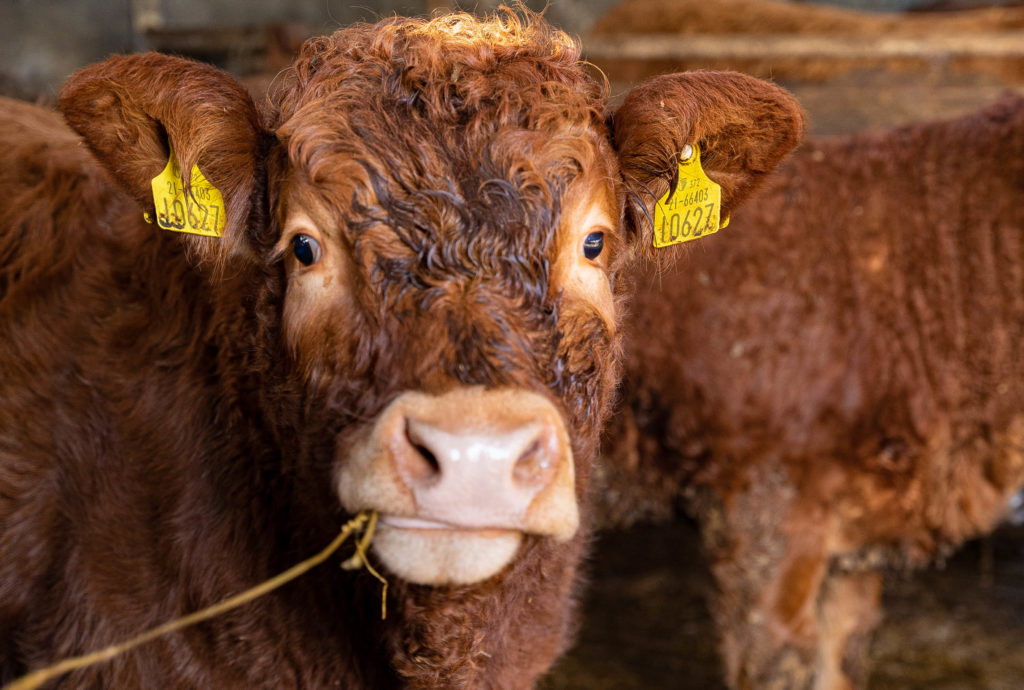More farmers will leave suckler production unless financial supports are put in place, according to the chair of the Roscommon branch of the Irish Farmers’ Association (IFA).
Jim O’Connor told Agriland that suckler farmers across the country are very worried, not just about the future of the sector, but also about the present situation.
“I can see more people exiting suckler production and that is a very poor step for the Irish farming community and the beef industry as a whole.
“There are huge numbers of beef cows being culled and reduced from the national herd and that is very regrettable. We need to get more financial support to maintain the suckler herd and the viability of family farms in rural Ireland,” O’Connor said.
Suckler Payments
Although the Roscommon IFA chair felt that some elements of the new Common Agricultural Policy (CAP) are worthwhile, he said there are not enough financial supports for suckler cows, sheep and the Areas of Natural Constraints (ANC) scheme.
Jim O’Connor acknowledged a scheme whereby suckler farmers will get €150 for their first 10 cows and €120 for additional cows.
However, he said that it falls far short for what is currently in place in relation to the Beef Environmental Efficiency Programme – Sucklers (BEEP-S) scheme.

“The Minister for Agriculture, Charlie McConalogue said that BEEP-S will be on an annual basis, but to me that is entirely unacceptable because breeding top-quality beef cattle is a long-term project,” he said.
“Having a minister propose that part of the funding will be on an annual basis does not lend itself to good cattle breeding.
“We need to have a commitment of not less than €300/suckler cow to create a stable and profitable industry because the reality is that beef farming is the anchor tenant of farming in the vast majority of Ireland,” O’Connor said.
The Roscommon man added that if more farmers leave the suckler sector it will have a huge impact.
“It will create major issues for the processing industry, because if you look at all of the promotional material they have the very good quality beef cattle in the photos. That’s the catalyst that sells all of the fine meat we produce,” O’Connor concluded.
